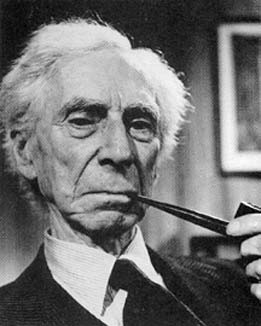I'll agree with Wittgenstein, who was in turn agreeing with a great many philosophers before him, starting with Socrates, who first said: The goal of philosophy is thoughts that are at peace.
That is, the product of loving wisdom is thoughts that are at peace. Wisdom is -- so the cliche goes -- knowing that you don't know much. Loving wisdom -- that is: humbly observing and meditating on the world and its ways because you just want to, that is: philosophy -- is the process of untangling what you think you know and why you think you know it. It is therapeutic. It is freeing oneself, and humbling oneself, at the same time.
Knowledge is what we call our belief concerning the experiential relationship between ourselves and the world. It is a relationship. Certainty is the name of a feeling we have about that relationship. It is not the result of mathematical deduction. One becomes more or less convinced that what one says about the relationship between oneself and the world is an accurate way of saying it.
I for one am glad for the few simple human dogmas we all, or nearly all, share: 1. That we are existing in a world (I've never met or heard of someone not considered crazy who did not act on this belief) (if you say "Buddhism" I say read the story of Siddhartha's enlightenment, and think on the significance of the way he comes to it) (If you say George Berkeley, I say that saying that the world is actually there or saying that it is just perceived aren't really different, practically speaking) 2. That the world, existing outside of us, is governed by laws that we perceive, not that we create. 3. That reflecting on and talking about our relationship to the world, revering the existence of and power of objective reality, is a good thing: Sursum Corda -- lift up your heart.
To that end, some stay up late charting the centuries, mulling over the course of human thought and action. We are strange creatures -- strange that it fills me with feelings of wonder and of its strangeness -- strange compared to what?
I think it is strange compared to what I once thought of being human. Which wasn't much -- not much thinking, that is. Or, thinking that happened behind many veils.
So, to get to my purpose: I am reading Betrand Russell's "History of Western Philosophy" and will be doing little summaries of the chapters here, for my own benefit. I have an awful memory. Fixing this online, forever!, will be helpful for me, and maybe also for anyone else who happens to stumble upon it, and doesn't have the time to read the actual 800 page text.


1 comment:
Justin's Blog: 2008 has arrived!
(Yep, I have nothing better to offer than that. Still readin', though!)
Post a Comment